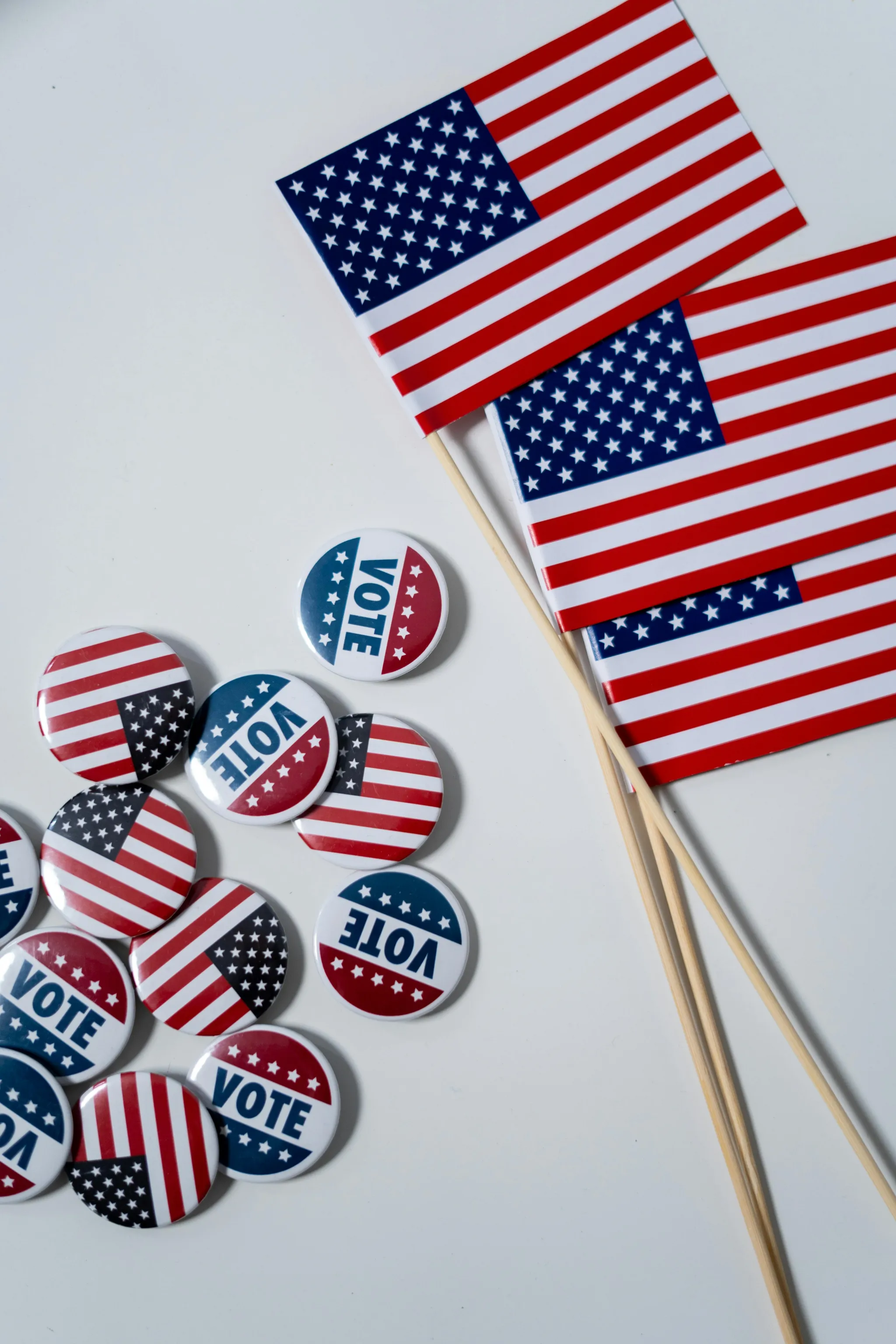The Primacy of Primaries: How Super Tuesday Shapes Democracy

Yesterday, Americans across 16 states and one territory (American Samoa) voted in the largest single day of primary elections in the 2024 cycle, known as “Super Tuesday.” As expected, Republican frontrunner Donald Trump amassed 524 delegates (for a total thus far of 797), while incumbent President Joe Biden won 622 (for a total thus far of 868) delegates. Neither has reached the threshold needed to secure the nomination, but the results thus far cement Trump’s lead against the other Republican contender, Nikki Haley, who won 26 and now has a total of 69 delegates (as of 02:00 EST on 6 March 2024).
Super Tuesday raises important issues that go beyond this election. Arguably, it is well past time to rethink the way primary contests are held as well as who they include (and exclude).
Why does Super Tuesday Matter?
Super Tuesday is important because it is the most concentrated day of elections (and therefore has the most single-day potential for winning delegates) in the whole electoral cycle. Up for grabs were 865 Republican and 1,420 Democratic delegates, representing 71 per cent and 72 per cent of the total needed to win, respectively. It is also the day on which some of the biggest states vote, including California, Texas, Massachusetts and Virginia. Given the concentration of contests, Super Tuesday is a strong predictor of the eventual candidate. Since 1984, there has been only one Democratic Super Tuesday winner who did not go on to become the nominee.
What is a delegate?
Delegates are individuals, appointed by each party, who have the power to officially elect the presidential nominee at the party conventions. They may be party leaders, activists or volunteers. Former presidents, governors and members of Congress are also delegates. In total, Republicans have 2,429 delegates and Democrats have 3,936. A candidate needs at least half of the total delegates to win the nomination.
States and parties use different methods to decide how many delegates are awarded to each candidate. The Republican party uses a combination of proportional, winner-take-all and hybrid systems to allocate delegates, while Democratic candidates who win at least 15 per cent of the primary vote are awarded delegates proportionally. Some delegates are bound to vote for the candidate who won at the state level, but others are not required to vote this way.
What does Super Tuesday mean for democracy?
Understanding Super Tuesday (and primaries in general) is necessary for understanding the state of American democracy. First, it is a reminder of the indirect system of electing political representatives in the United States. Not unlike the electoral college system of electing the president, the primary delegate system places the ultimate responsibility for choosing candidates in the hands of a small group of hand-picked individuals rather than the electorate at large. While this system was originally intended to take power away from undemocratic “party bosses”, it is arguable that today’s delegates are simply another kind of elite group, separate (in a rather undemocratic way) from the public at large. This argument is compounded by the immense influence of wealthy donors. Notably, less than half of Biden’s and Trump’s respective campaign funds have come from small donors thus far.
A related issue is that primary elections are also known for low turnout. US turnout rates are notoriously low, especially for midterm elections (but even for general elections, compared to the rest of the world), but primaries suffer even more from voter apathy. In South Carolina, which held primaries in late February, turnout was 23 per cent, which broke the previous record. Official Super Tuesday turnout rates are not yet available, but several states reported low turnout. Low turnout means that elected representatives may have limited legitimacy, which – in the long run – can hurt the legitimacy of the democratic system more broadly. Given the extreme levels of polarization already plaguing the political context in the US, this is a serious concern.
Third, the race to schedule primaries first can skew candidates’ platforms as potential nominees work to tailor their messages to the voters in those early states. This was one reason why the Democratic party chose to hold their first primary in South Carolina rather than Iowa – to better reflect the diversity of the electorate. Still, however, until the primary calendar for both parties does a better job of considering diversity, party platforms are unlikely to change in a noticeable way.
The combination of a delegate-centered system, low turnout, the influence of wealthy donors and the primary election calendar adds up to a suboptimal system in terms of representation. By the time Super Tuesday comes around, the decision about who will lead the United States has been shaped by a small number of voters, who in many cases have relatively non-representative views, in a small number of states.
It’s worth reflecting on who the eventual nominees and ultimately the winner do and do not represent. It matters in a fundamental way for the future legitimacy of the democratic model.
What’s next?
While nothing is official until the conventions, it is unlikely that the other candidates can win enough delegates in the remaining primary contests to secure the nomination. Other candidates contesting the primary on the major party tickets included Kristi Noem (Republican) and Dean Phillips (Democratic).
Dozens of primary contests will continue through June, with the Republican convention scheduled for July and the Democratic convention slated for August. It is at the conventions where the party delegates officially select the presidential and vice-presidential candidates.
Disclaimer: Opinions expressed in this commentary are those of the authors and do not necessarily represent the institutional position of International IDEA, its Board of Advisers or its Council of Member States.




